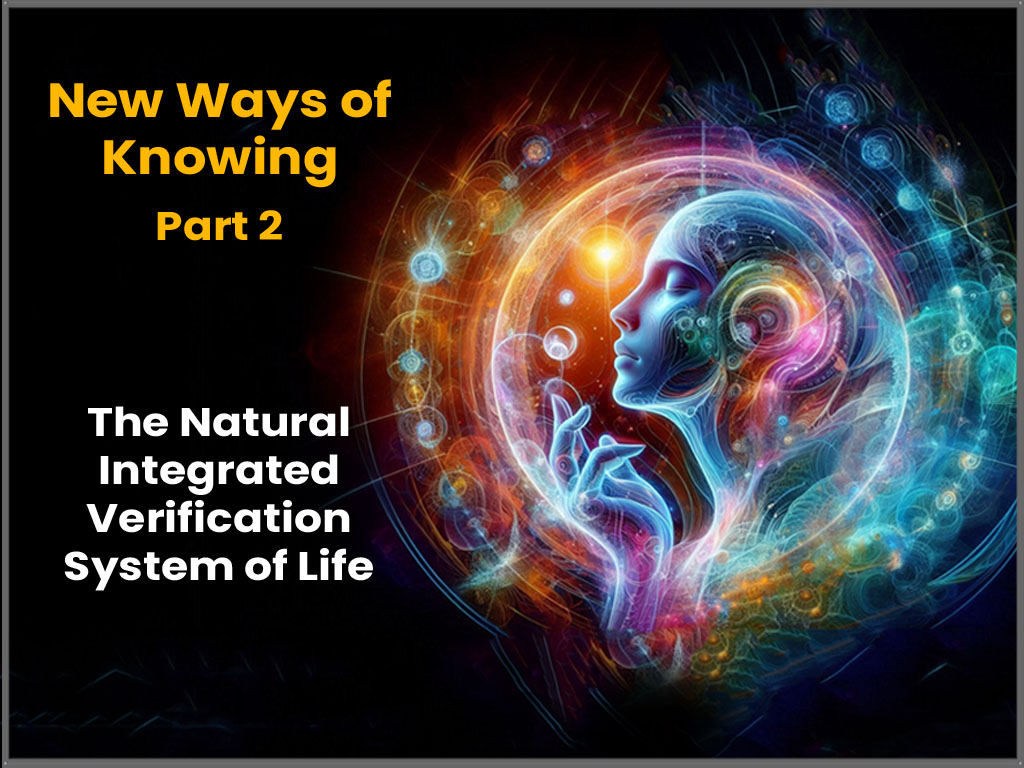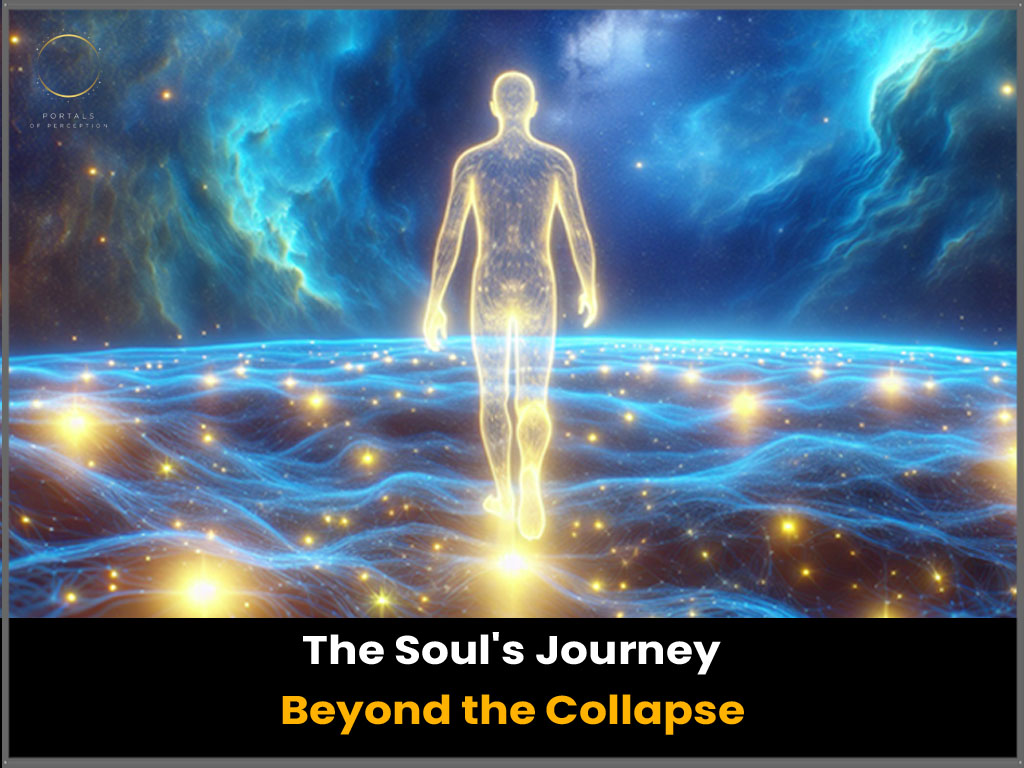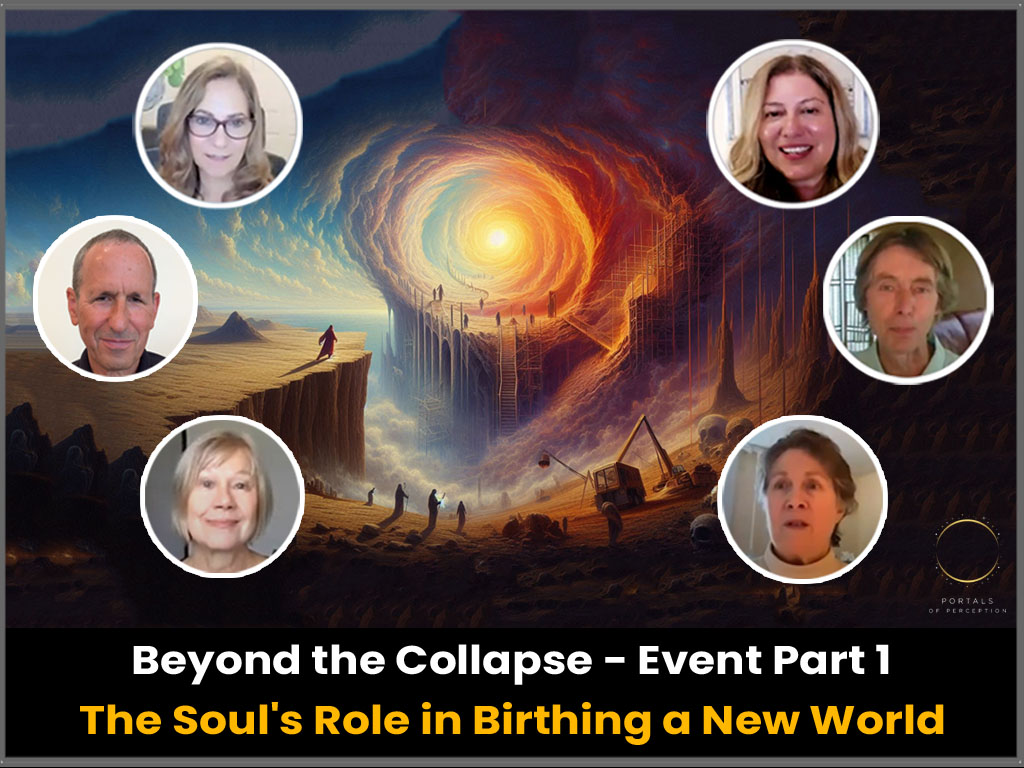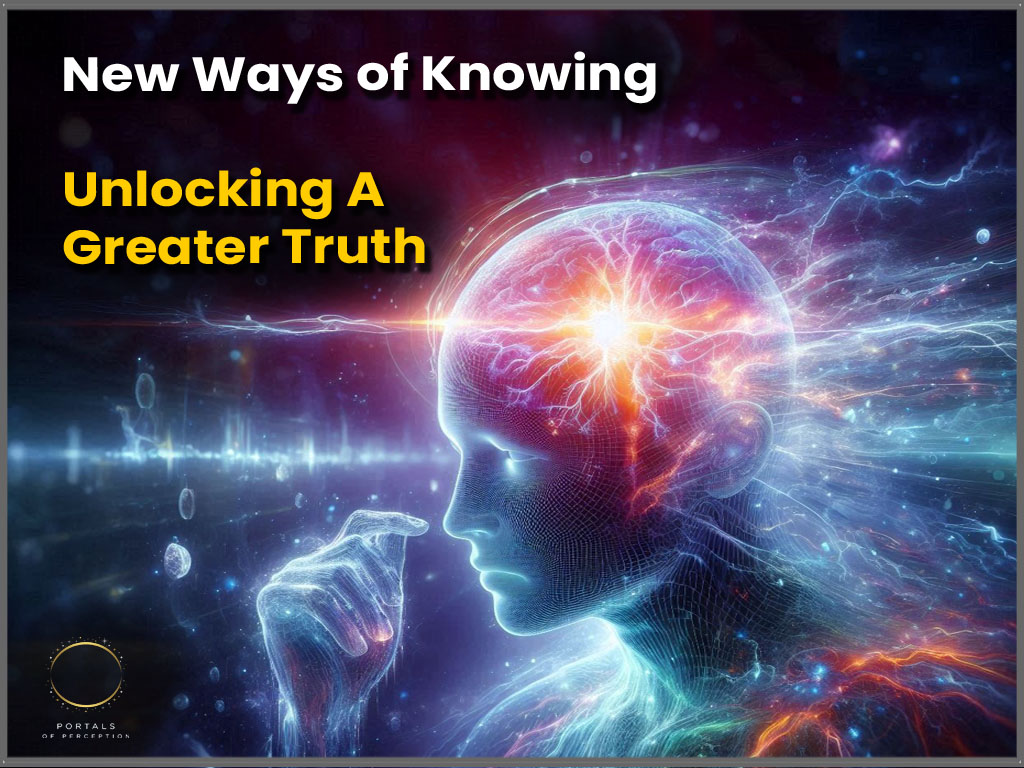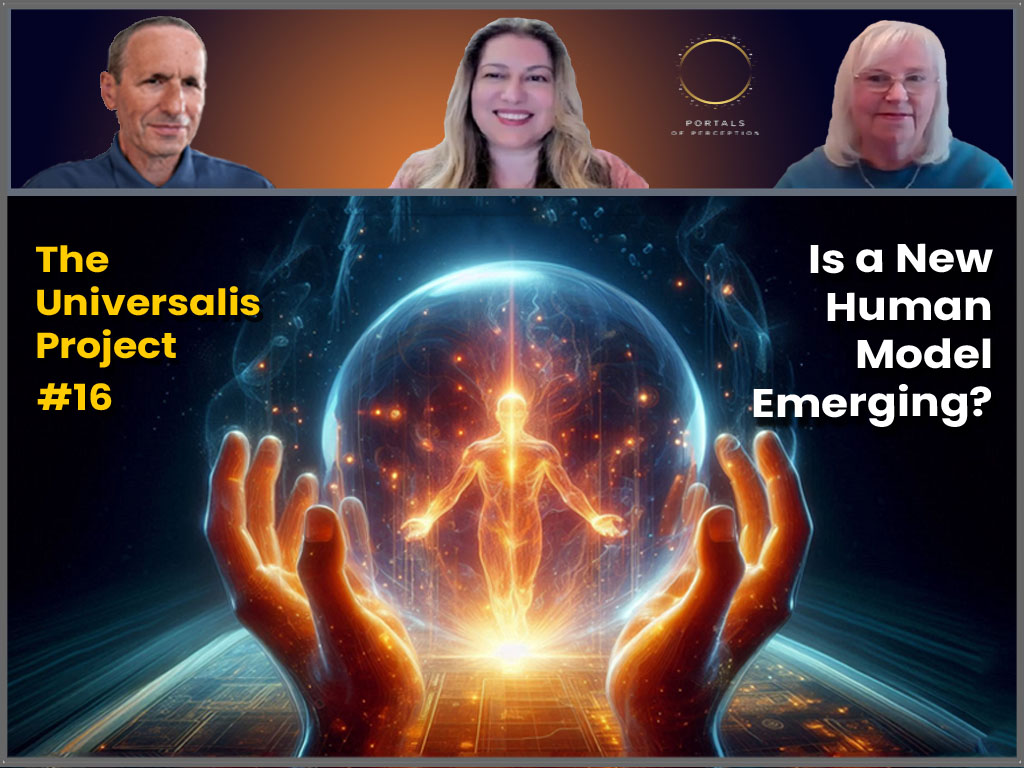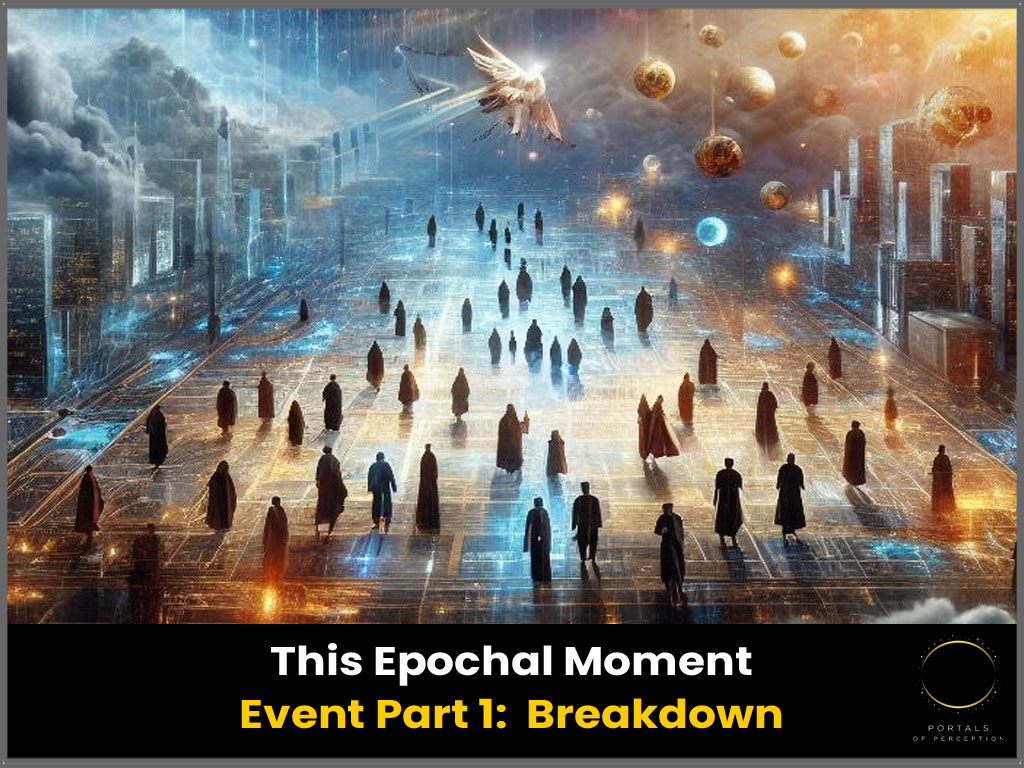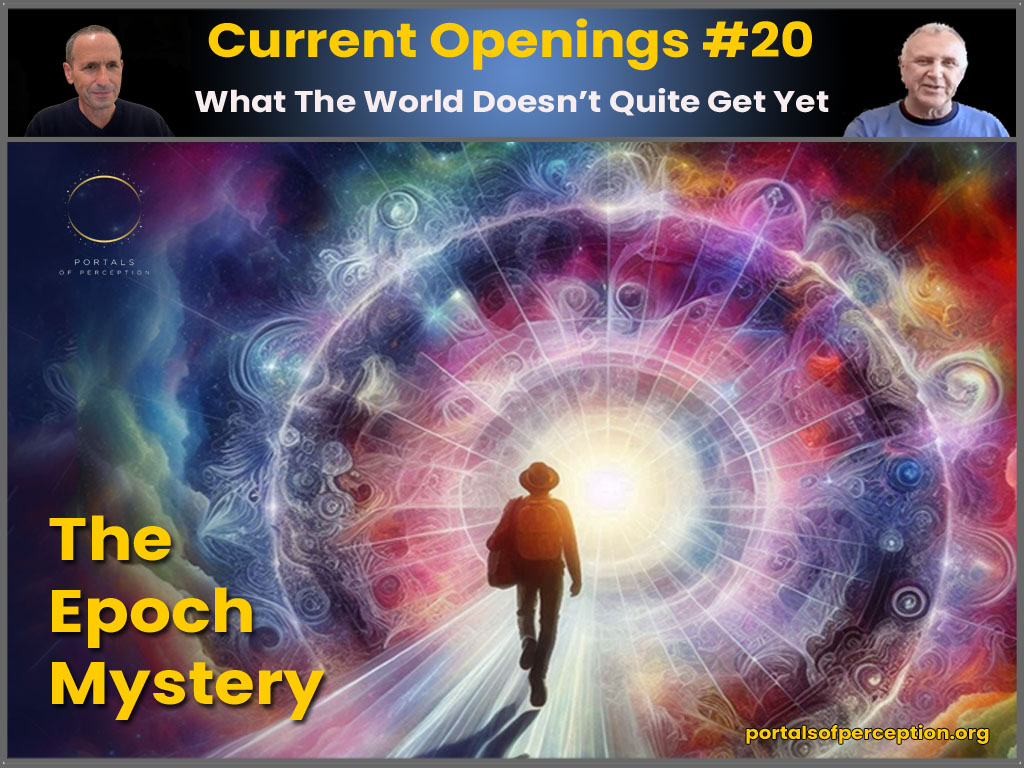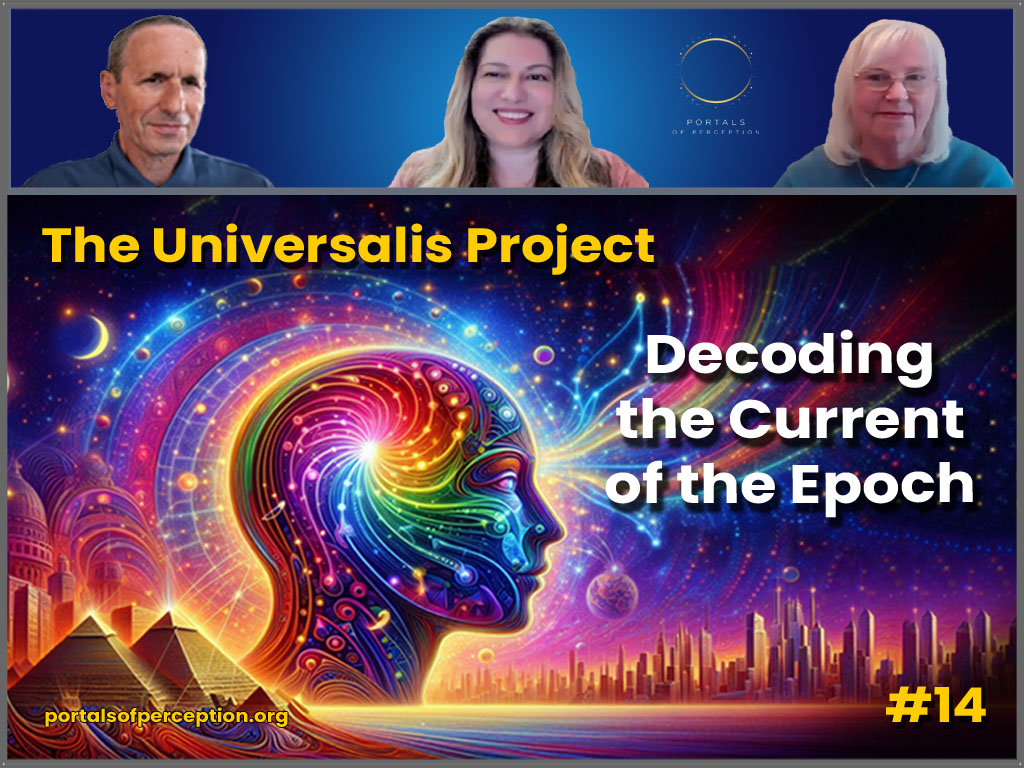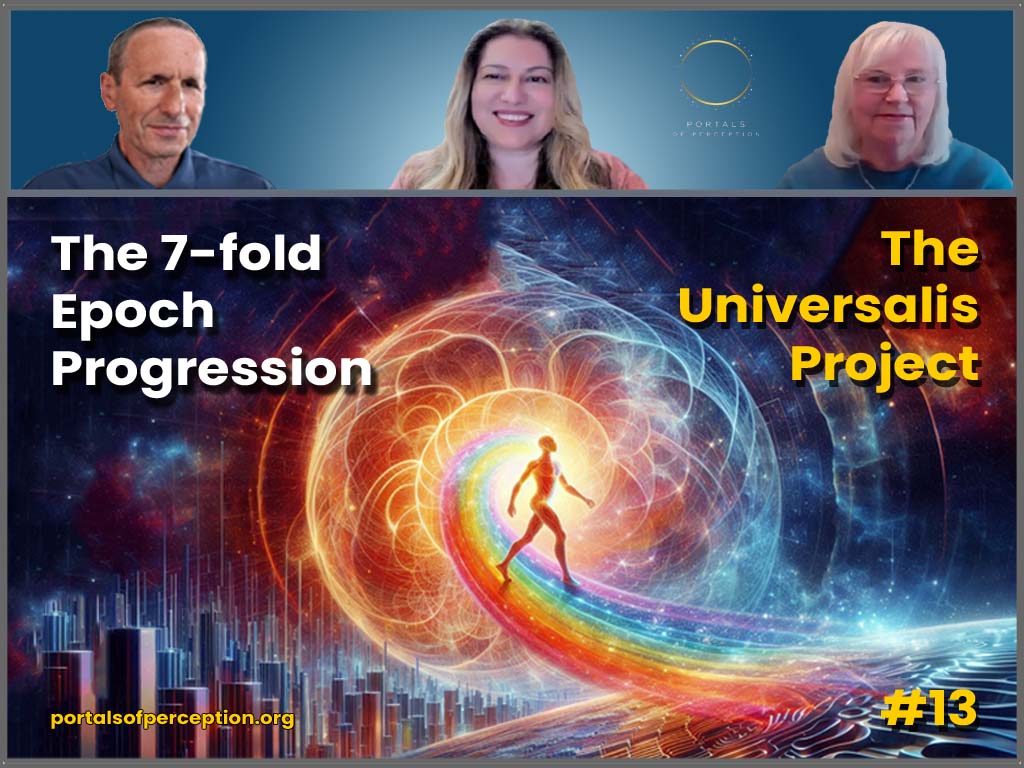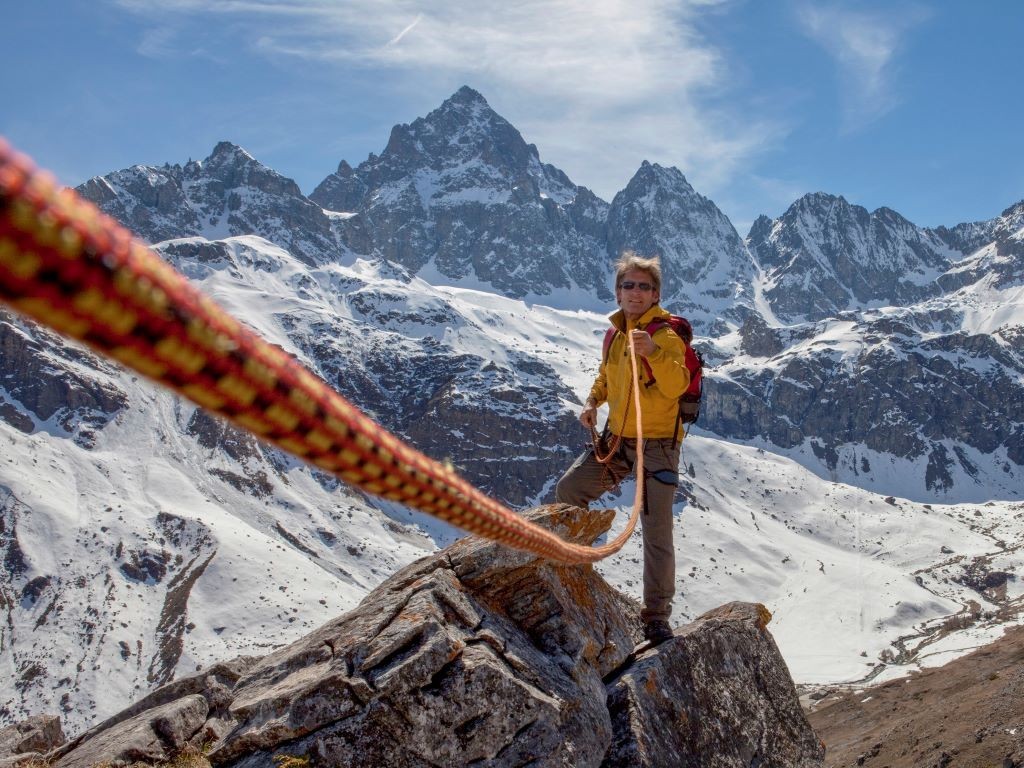
If you lived in the Middle Ages, as a simple person, leadership was more than anything about survival: finding food, finding a way to protect your family, and staying alive for another day. It is true even now in the third decade of the 21st century, in many places around the world, these are still central elements to leading a life.
But in this conversation we’re exploring how the world has become so much more complex; so many facets and additional dimensions to navigating life and its intricacies and complexities.
We are beginning to sense and explore leadership in a whole different way, where the premise begins with leadership from the inside, leading oneself. If I'm effective in leading myself, I may have a better facility in offering that service and assistance to
others. Through that connection to others, to a community or to a collective, we also begin to see the power of learning in unlocking the collective wisdom.
What differentiates teams as to why they are able to escape collective stupidity and truly unlock collective wisdom? The answer involves lifting this word we use so much from a pedestrian level to a profound level, and the word is ‘learning.’ What I observed was that these teams became more interested in learning and developing and improving each other, as a collective, rather than playing to their egos - and so they learned to play to each other's strengths.




